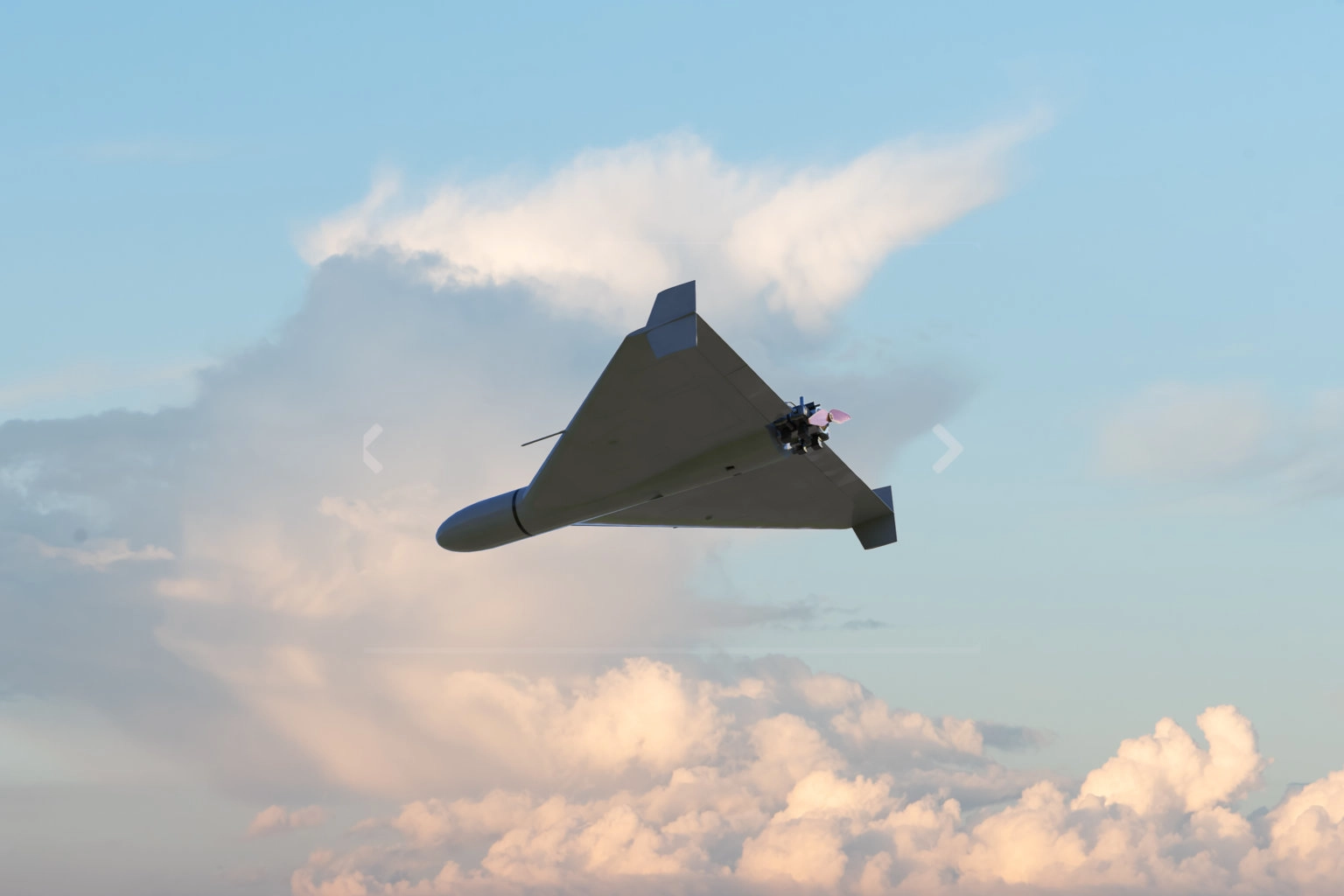Russia attacks by air and sea: record hybrid provocations against NATO and the US have been documented in September 2025. The Kremlin is deploying drones, warplanes, and civilian tankers to pressure the West and undermine support for Ukraine, Ukraine’s Center for Countering Disinformation reports.
Ivo Daalder, former US ambassador to NATO, notes that Russia does not have the resources to subdue Ukraine by force. Instead, the Kremlin’s strategy hinges on weakening European support and exploiting divisions within NATO.
On the night of 10 September, 19 Russian drones violated Polish airspace via Ukraine. Polish air defenses shot down only 3–4, despite deploying advanced F‑35 fighters.
Most drones were intercepted over Ukrainian territory. This marked the first large-scale Russian drone attack on a NATO country.
After the attacks, Russia launched a propaganda campaign against Kyiv, aimed at escalating fear and panic in European states, using the passivity of the US in imposing measures on Moscow.
Surge in aerial attacks
The Center for Countering Disinformation reports that from 1–29 September, Russia carried out 18 hybrid provocations in NATO and US airspace — three times more than in August.
These incidents ranged from the interception of planes and helicopters to the mass use of drones for pressure on allies.
Major violations in September
- 7 September, Estonia — A Russian Mi-8 helicopter violated the airspace.
- 10 September, Poland — 19 reconnaissance drones, NATO downed up to four.
- 17 September, Latvia — debris of a Gerbera (Shahed) “decoy drone” washed ashore.
- 19 September, Estonia — Italian F-35s intercepted three MiG-31s.
- 22 September, Denmark — three large drones paralyzed Copenhagen airport for 4 hours.
- 25 September, Alaska (US/Canada) — F-16s and E-3 intercepted Tu-95 and Su-35 bombers.
“These facts prove: the Kremlin is not seeking to end the war but is escalating it further,” the Center concludes.
Drones from the “shadow fleet”
President Volodymyr Zelenskyy earlier revealed that Russia launches drones from civilian tankers of its “shadow fleet.”
According to Navy Spokesperson Dmytro Pletenchuk, Moscow’s use of civilian ships for reconnaissance and sabotage is a typical tactic. These tankers often fly false flags of countries that do not officially issue maritime registrations.
Russian vessels have also been linked to the so-called “cable war”, when anchors damaged undersea communications lines, as per Suspilne.
“Russians have long ignored international maritime law and resort to any means of waging war,” Pletenchuk stressed.




